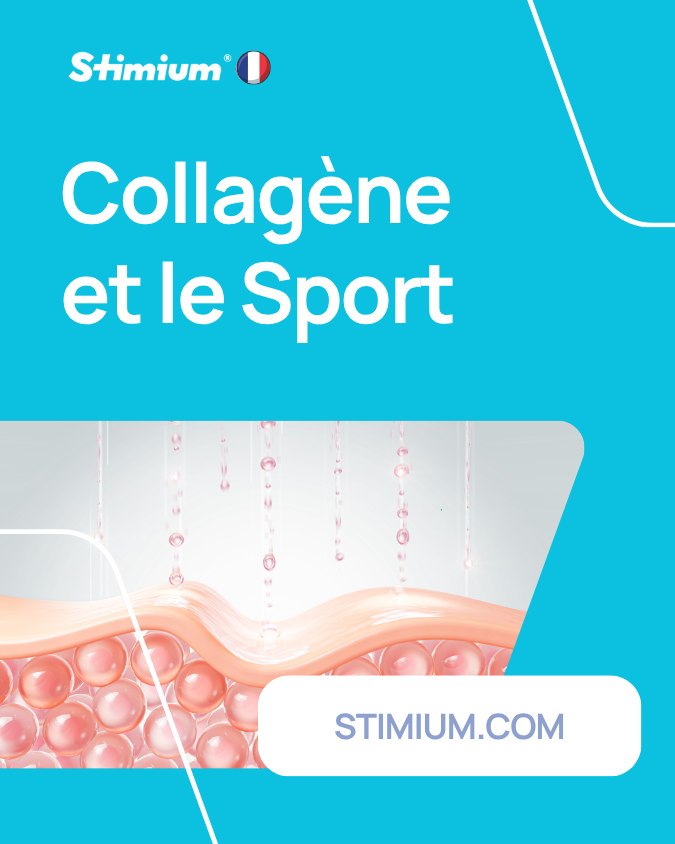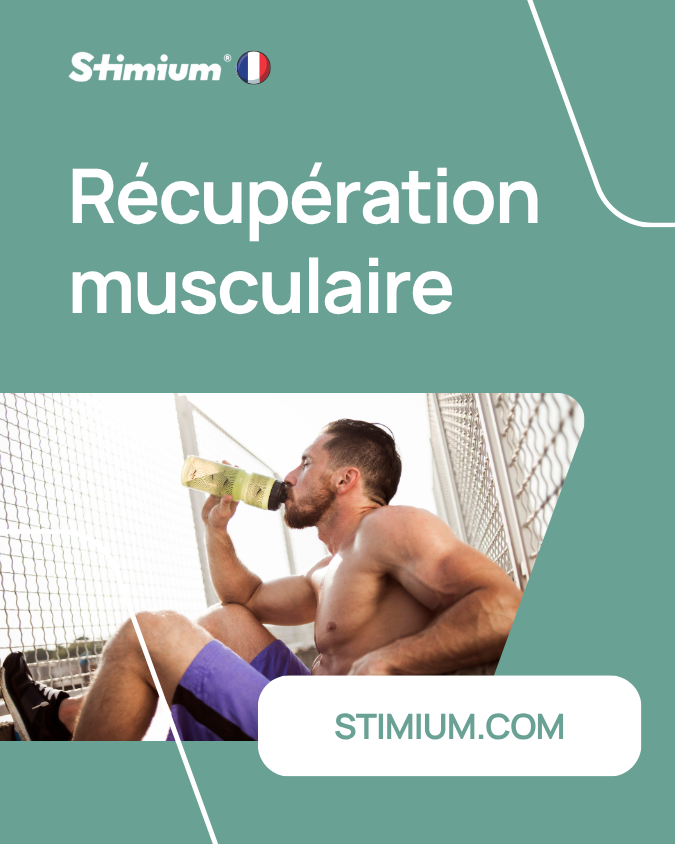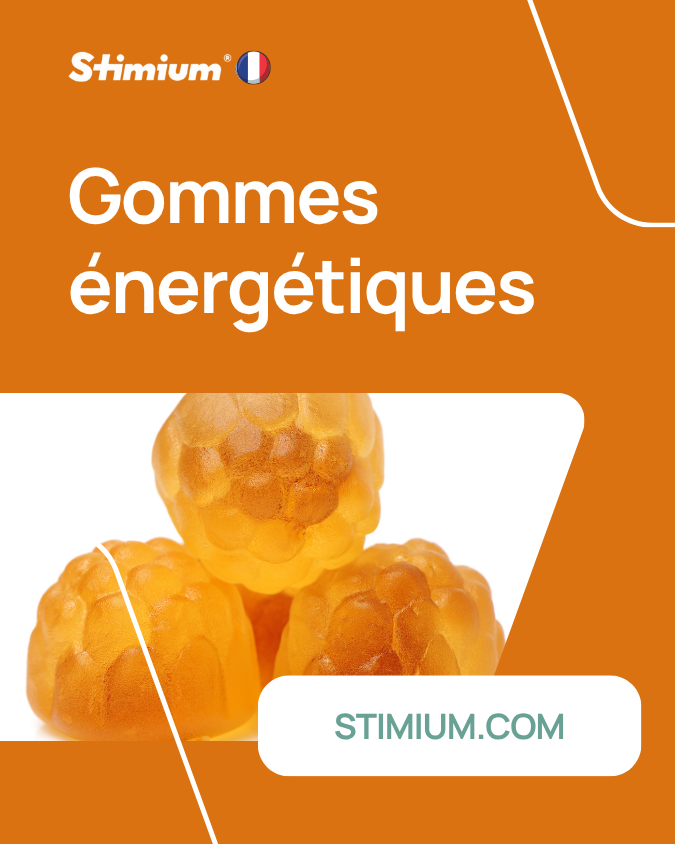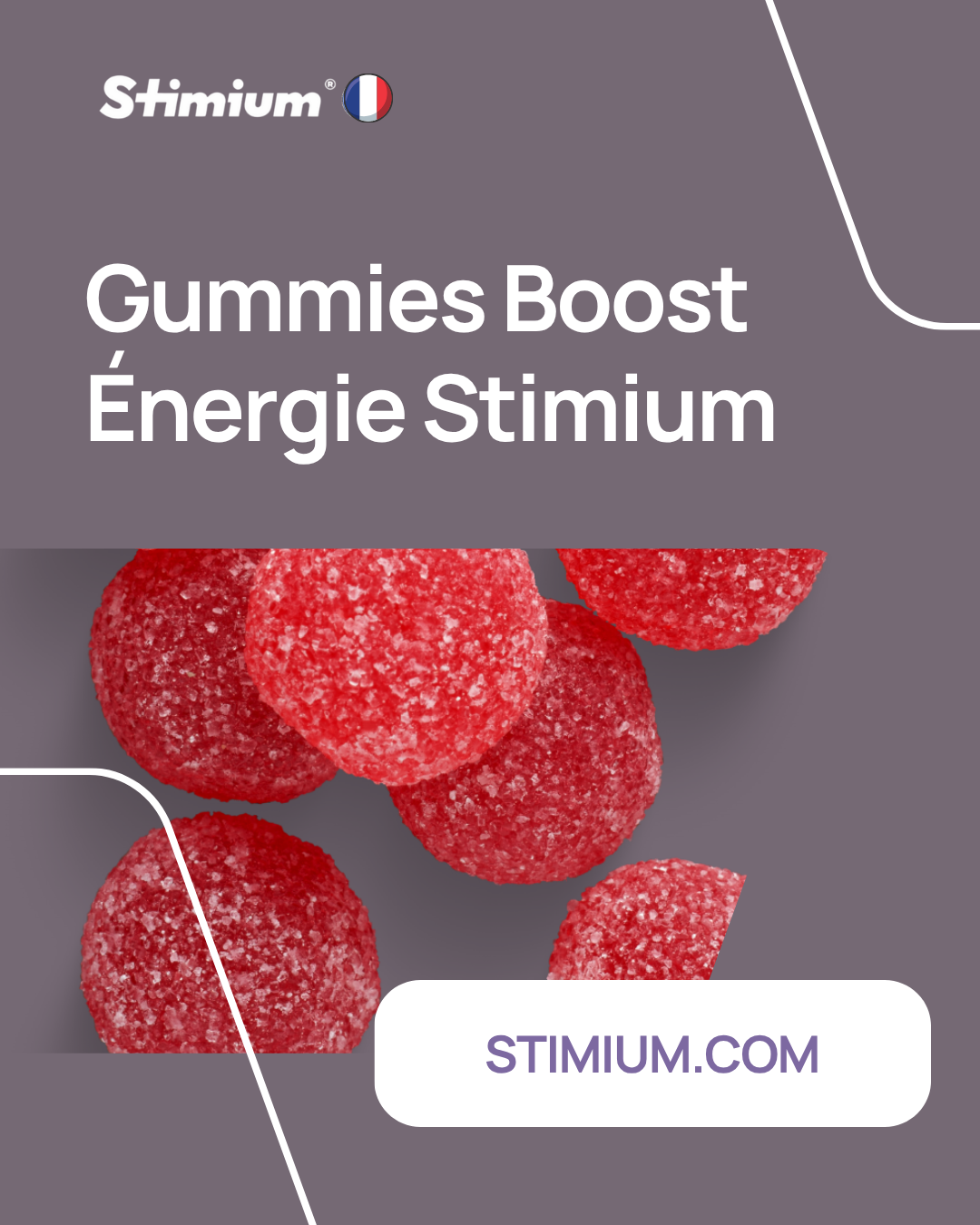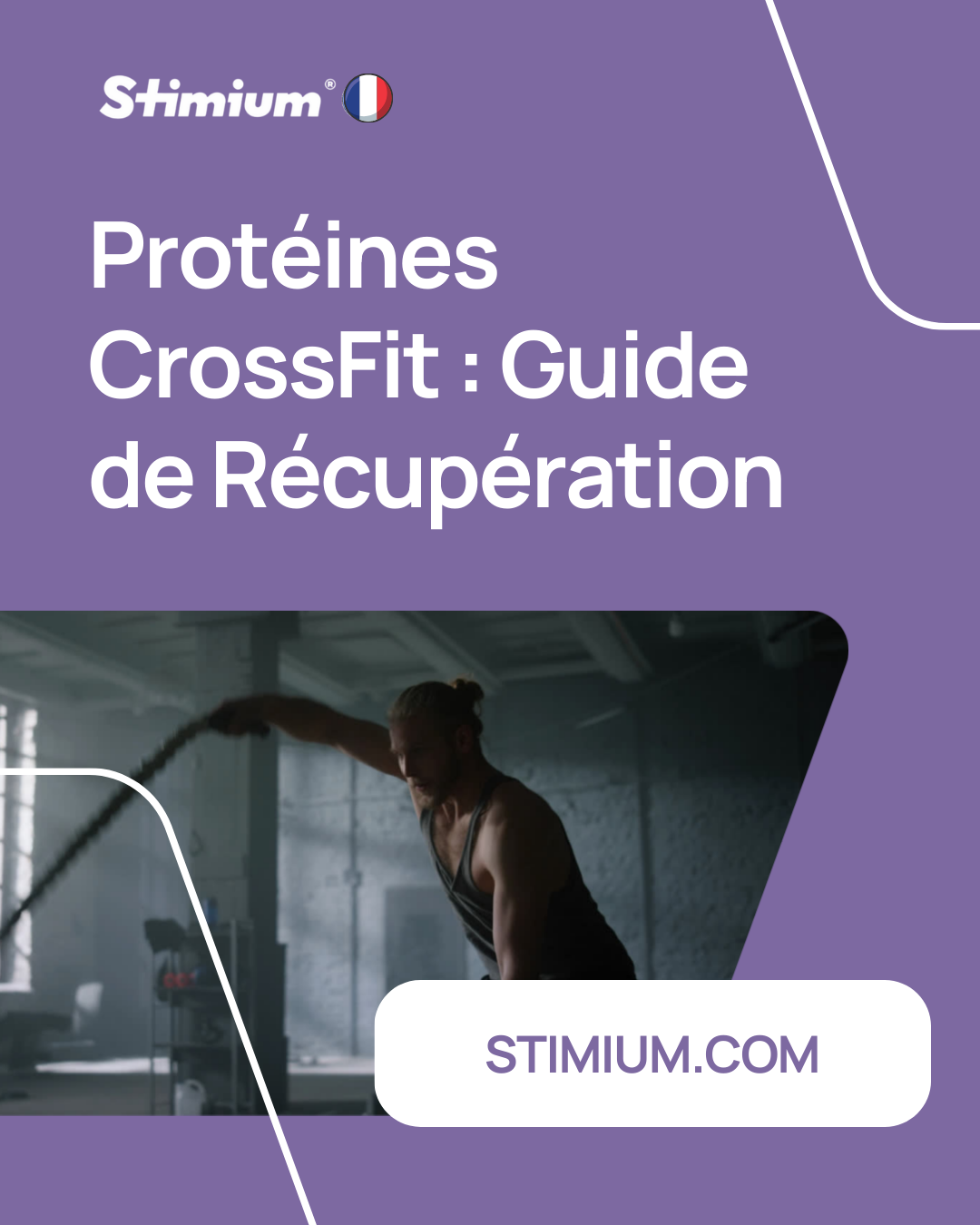Recovery Drink: Hydrate After Exercise
After a competition or intense training, the role of a recovery drink is essential to support the athlete in their physical rehabilitation process. To ensure you choose the best recovery drink, you need to understand its composition and its impact on the body. Rich in essential nutrients, these drinks allow rapid muscle regeneration and effective hydration. Thus, they significantly contribute to reducing possible post-exercise disorders such as cramps and aches. Whether you are an accomplished athlete or a gym enthusiast, choosing the most suitable sports recovery drink is an essential step for your well-being and the continuity of your sports practice.
Key Points to Remember
- Selecting a suitable recovery drink is crucial for effective muscle regeneration.
- Drinks after exercise compensate for the loss of nutrients and facilitate hydration.
- Post-workout cramps and soreness can be significantly reduced with hydrated recovery.
- The hydromineral balance disrupted by exercise can be restored via a quality recovery drink.
- A good sports recovery drink contains essential minerals, antioxidants, and promotes the elimination of toxins.
- Choosing the best recovery drink involves taking into account your specific needs based on the intensity of the workout.
Importance of rehydration with a recovery drink
Post-exercise is a crucial phase for athletes. Muscle recovery drinks play a key role in restoring the water and nutritional balance disrupted by intense sweating. More than a simple measure against thirst, the natural recovery drink is a real health asset to ensure lasting performance and protection against various post-exercise ailments.
Essential Roles of Recovery Drinks
As fundamental components of sports recovery, these drinks provide key nutrients lost during physical activity. Thanks to them, the reharmonization of muscle and hepatic glycogen reserves is greatly facilitated, thus making it possible to quickly restore the energy of the muscles and the liver. The intake of essential minerals such as sodium and potassium not only helps preserve muscle function, but also prevents metabolic failures that can occur after significant electrolyte loss.
Immediate benefits of post-exercise hydration
The rapid absorption of fluids and nutrients provided by a suitable recovery drink provides immediate comfort to the body. In addition to responding to thirst signals, it optimizes recovery by reducing the time necessary for the body to regain its basic balance, essential to get off to a good start for future training and competitions.
Prevention of cramps and aches through rehydration
The prevention of cramps and post-exercise muscle discomfort is one of the most appreciated virtues of recovery drinks. The hydromineral flow that they establish helps neutralize the corrosive effects of lactic acid and other toxins generated by exercise, providing essential protection for the well-being of muscles and muscle fibers.
The key components of an effective recovery drink
A quality organic recovery drink is one that skillfully integrates the different nutrients lost by the athlete during physical exercise. This intelligent composition helps restore the body and minimize recovery times.
Macro and micronutrient intake
To be effective, a sports recovery drink must have a balance of macro-nutrients and micro-nutrients. Proteins, carbohydrates, and lipids make up the trio of essential macronutrients, while vitamins, minerals, and trace elements represent the key micronutrients. Each of these elements plays a vital role in the biochemistry of sports recovery, working in concert to repair, replenish energy, and rebalance the athlete's nutritional profile.
Role of protein and carbohydrates in muscle recovery
- Protein is essential for repairing muscle fibers injured during exercise. They act by replenishing the amino acids necessary for the synthesis of new muscle proteins.
- As for carbohydrates, they are the fuel of choice for the rapid replenishment of glycogen stores in the muscles and the liver, a source of energy that can be quickly mobilized for the next training session.
Importance of electrolytes and vitamins
Electrolyte balance, often disrupted during intense physical activity, is restored thanks to the presence of minerals such as sodium, potassium, or magnesium in energy drinks for sports. These electrolytes not only support muscle and nerve functions but also contribute to the body's fluid regulation. Vitamins, like vitamin C or B vitamins, act as antioxidants to combat oxidative stress, while facilitating the transformation of nutrients into usable energy.
Comparison of types of sports drinks
Understanding different beverage options for athletes is crucial to optimizing post-workout recovery. In the vast market of sports drinks, it is important to distinguish isotonic drinks and recovery drinks, while dissociating them from energy drinks which are often confused in their use.
Difference between isotonic drinks and recovery drinks
Isotonic drinks are specifically formulated to be ingested during physical exercise. Their isotonic composition, similar to body fluids, allows rapid hydration and effectively restores the electrolyte balance lost through perspiration. On the other hand, post-workout recovery drinks are enriched with nutrients like protein, which are crucial for muscle tissue repair after exercise. They also contain carbohydrates to replenish energy reserves and electrolytes to rebalance hydration.
Recovery Drink vs. Energy Drinks
Unlike recovery drinks, energy drinks are not specifically designed for hydration or post-workout muscle repair. These often contain high levels of caffeine and sugar which can cause overstimulation without actually meeting nutritional needs after physical activity. Their acidity and lack of essential electrolytes also increase the risk of tendinitis and other muscle injuries. Thus, it is recommended to avoid energy drinks in favor of sports recovery drinks that support complete and healthy rehabilitation of the body.
Recovery drink: best consumption practices
Incorporating a sports recovery drink into your post-workout routine can be instrumental in effective recovery. These drinks are specially designed to rehydrate the body and replenish essential nutrients lost during exercise. Optimizing your use in terms of timing and dosage is therefore essential to maximize the benefits.
When to consume your recovery drink
It is essential to consume your sports recovery drink immediately after exercise, during the metabolic window. This post-exercise period is a critical phase where your body is extremely receptive to the reintegration of carbohydrates, proteins and minerals. Hydrating quickly after exercise not only allows for better recovery but also helps prepare for the next workout.
Stimium Mc3 Powder presents itself as the ultimate weapon for those who aim for excellence in their sporting performances. With an exceptional concentration of Citrulline Malate, L-Citrulline and Maltodextrin, this revolutionary dietary supplement offers unparalleled support for optimal recovery.
The presence of Citrulline Malate is crucial for the production of nitric oxide (NO), promoting vasodilation and thus improving blood circulation. This vasodilator action ensures an increased supply of nutrients to the muscles and a more efficient elimination of waste, thus allowing prolonged endurance and improved recovery.
L-Citrulline, by increasing nitric oxide levels, also contributes to better oxygen transport to the muscles, thus promoting their performance and resistance to fatigue.
The presence of Maltodextrin ensures a rapid supply of carbohydrates, essential for recharging muscle glycogen reserves and maintaining an optimal level of energy during exercise.
By consuming Stimium Mc3 Powder, you not only benefit from an increase in strength and endurance thanks to nitric oxide, but also a significant improvement in ATP production, similar to the beneficial effects of creatine . Additionally, Citrulline's ability to convert to ornithine provides an added benefit by pushing the body's fatigue threshold, ensuring sustained performance.
Conclusion
The post-workout recovery drink is a decisive step in the recovery process for athletes. Thanks to their nutrient-rich composition, these drinks help restore the hydromineral balance disrupted by intense physical activity. The challenge is high: it is a question of ensuring sufficient hydration, reducing the risk of injury and promoting rapid muscle regeneration to maintain and improve physical condition.
The effectiveness of a post-workout recovery drink relies on its ability to meet the individual hydration and fitness needs of each athlete. Whatever its form or recipe, the objective remains the same: to provide the body with the necessary resources to overcome post-exercise exhaustion and revitalize its energy potential.
Choosing the right recovery drink after training is therefore essential for those who aspire to lasting sporting performance. This attention to the quality and composition of recovery drinks demonstrates an in-depth understanding of the mechanisms of sports recovery and a commitment to a physical practice that is both healthy and optimized.
FAQs
What is the best recovery drink after exercise?
The best recovery drink varies depending on the individual needs of each athlete. However, an effective recovery drink should include a blend of electrolytes, carbohydrates and proteins to promote rehydration, replenishment of energy stores and repair of muscle tissue.
What are the essential roles of drinks for muscle recovery?
Muscle recovery drinks help replenish fluids and nutrients lost during exercise, reduce fatigue and inflammation, promote muscle repair and growth, and prevent muscle cramps and soreness.
What immediate benefits can I see with a natural recovery drink?
A natural recovery drink can provide adequate hydration and an immediate boost of essential nutrients without artificial additives, supporting healthy recovery and contributing to better long-term sports performance.
Why is preventing cramps and aches important in rehydration?
Preventing cramps and aches through good rehydration helps avoid injuries, guarantee complete muscle recovery, and maintain optimal range of motion, essential for continuing regular training and improving performance.
What is the macro and micro-nutrient intake required in an organic recovery drink?
An organic recovery drink should provide a balance of macronutrients like protein and carbohydrates, and essential micronutrients like minerals and vitamins to support muscle recovery and compensate for losses due to sweating.
How do proteins and carbohydrates promote muscle recovery?
Protein helps repair and rebuild damaged muscle fibers, while carbohydrates help replenish muscle glycogen stores, essential for restoring energy and supporting recovery processes.
Why are electrolytes and vitamins important in sports energy drinks?
Electrolytes, such as sodium and potassium, are crucial for maintaining fluid balance and preventing electrolyte imbalances, while vitamins act as antioxidants to protect against oxidative stress and support the immune system.
How are isotonic drinks different from recovery drinks?
Isotonic drinks, which are intended to be consumed during exercise, contain a concentration of nutrients similar to body fluids for rapid absorption. Recovery drinks are formulated with higher levels of protein and nutrients to help muscle repair after exercise.
What is the difference between a recovery drink and an energy drink?
Recovery drinks are designed to rehydrate and repair muscles after exercise. They contain proteins, carbohydrates and electrolytes. Energy drinks, on the other hand, are primarily focused on increasing energy quickly through caffeine and other stimulants, and are not optimized for muscle recovery.
When should I consume my sports recovery drink?
It is recommended to consume your recovery drink immediately after exercise or within the first half hour afterwards, to take advantage of the metabolic window where your body is most receptive to repairing and replenishing nutrients.
How much recovery drink should I drink for optimal hydration?
The recommended quantities depend on the body weight lost during exercise, the intensity of the activity and the climatic conditions. A general approach is to drink about 1.5 liters of fluid for every kilogram of weight lost during activity.
How to make your own recovery drink with simple ingredients?
You can make a homemade recovery drink by mixing water, a carbohydrate source like honey or agave syrup, and a protein source like milk or a plant-based protein powder. Also add a pinch of salt and some fruit for vitamins and minerals.
Do you have any recipes that promote recovery and hydration?
Yes, here's a simple recipe: mix in a blender a banana, a cup of almond milk, a tablespoon of nut butter, a pinch of sea salt and a tablespoon of chia seeds after leaving them soak. This drink provides hydration, nutrients and proteins for natural and effective recovery.
